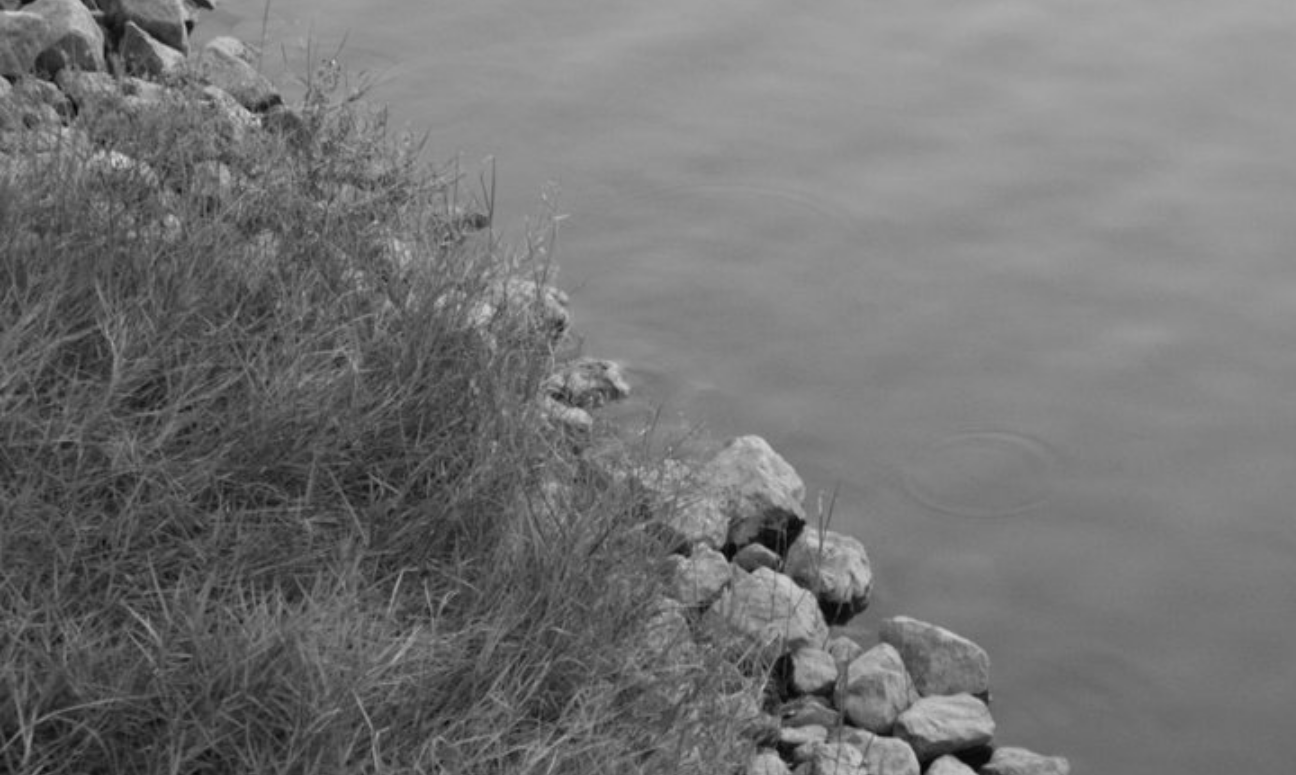You’d think that, if human beings were reasonable, the way we manage our home would correspond to the account we make of how the home functions. But when it comes to our common home, this isn’t the case. Etymologically, “ecology” means words about or an account of the oikos, the home. “Economics” means the laws of the oikos. That the rules of the house—economics—are the enemy of the account of what happens in the house is a truly disturbing thing.
It’s really no secret that the way economics is done doesn’t respect the realities of the world. The rules we make up don’t account for the fact that resources are finite. Infinite growth with finite resources is a self-defeating model. Working against nature rather than with it is a short-sighted tactic. Extracting in one direction rather than forming circular cycles cannot sustain itself forever. The house rules don’t match the house. If anyone tried that with their personal or family home, their neighbours would all declare them irresponsible, some would even call them nuts. But as a species, we do this very thing.
In Catholic social teaching, I don’t think we can escape the fact that the earth is our common home, and every thought we have about that home must be brought into consonance with such a primordial truth. The term “our common home” is well known from Laudato Si’, but the origin is in Benedict XVI’s message for the World Day of Peace in 2008: “the human family which dwells in that common house which is the earth” (no. 6). This is a huge challenge for everyone who wants to form their thoughts as a Christian, because much of the oikos-rules don’t match the oikos-account. If we privilege the logic of the former, we will default on our obligations as Christians.
Indigenous authors who are Christians likewise look to the Bible to ground similar expressions to those used by Catholics. I’ve learned from them that one plausible way to refer to the text of Genesis 2:4 is “the family tree of the heavens and the earth,” for the word usually translated as “generations” (NRSV, KJV), “account” (NIV), or “story” (NAB, NJPS) is used in the genealogies of patriarchs in Genesis and other families and clans later in the Pentateuch and means most closely “generations.”[1]
I like this term: “the family tree of the heavens and the earth.” Our common home, our family tree. The two designations pair well—a static image and a developmental one—but they point to a single underlying truth.
Indigenous Baptist scholar Randy Woodley also reminds me of Pope Francis when he grounds such thoughts in the New Testament:
At the time of Jesus, there were lots of modern mechanisms, lots of inventions. You had chariots and wheels and waterwheels and little torches and all kinds of mechanistic things. But we find Jesus mostly talking about the things that grow out of the earth and the things that fly above the earth and the things that are planted in the earth.[2]
Consider Laudato Si’:
Jesus taught us this attitude when he invited us to contemplate the lilies of the field and the birds of the air, or when seeing the rich young man and knowing his restlessness, “he looked at him with love” (Mk 10:21). He was completely present to everyone and to everything, and in this way he showed us the way to overcome that unhealthy anxiety which makes us superficial, aggressive and compulsive consumers. (LS 226)
And its sequel, which begins by speaking of
the sensitivity of Jesus before the creatures of his Father: “Consider the lilies of the field, how they grow; they neither toil nor spin, yet I tell you, even Solomon in all his glory was not clothed like one of these” (Mt 6:28-29). “Are not five sparrows sold for two pennies? Yet not one of them is forgotten in God’s sight” (Lk 12:6). How can we not admire this tenderness of Jesus for all the beings that accompany us along the way! (Laudate Deum 1)
For Jesus, the things to talk about are not the things of an economics with a mind of its own, divorced as much as possible from nature, but rather the ecology of the world, the family tree given by his Father. To be sure, some mechanisms and economic realities make their mark on his teaching, examples, and metaphors. But how many preachers do you know today who default to the natural world as much as Jesus to ground their thinking, imagination, and comparisons?
The logic of the market is not entirely evil. But it is out of whack with the account of the home in which the market is found. It is a part of Christian ascesis to recognize this, and this ecological-economic ascesis and critical distance from house rules that don’t start from the primordial importance of the common house is, I personally believe, is one of the fundamental necessities of a contemplative disposition and vocation today. What we need is “no mere veneer of asceticism, but something much more radical: a refusal to turn reality into an object simply to be used and controlled” (LS 11). This refusal truly is radical and demanding.
The contemplative dimension of the ecological crisis and the Christian response to it is marked very well in Laudato Si:
Christian spirituality proposes an alternative understanding of the quality of life, and encourages a prophetic and contemplative lifestyle, one capable of deep enjoyment free of the obsession with consumption. We need to take up an ancient lesson, found in different religious traditions and also in the Bible. It is the conviction that “less is more”. A constant flood of new consumer goods can baffle the heart and prevent us from cherishing each thing and each moment. To be serenely present to each reality, however small it may be, opens us to much greater horizons of understanding and personal fulfilment. Christian spirituality proposes a growth marked by moderation and the capacity to be happy with little. It is a return to that simplicity which allows us to stop and appreciate the small things, to be grateful for the opportunities which life affords us, to be spiritually detached from what we possess, and not to succumb to sadness for what we lack. This implies avoiding the dynamic of dominion and the mere accumulation of pleasures. (LS 222)
This paragraph is a gem. The next ones also stress how this contemplative and ecological “sobriety, when lived freely and consciously, is liberating” (LS 223); indeed, it cuts the other way also, as “no one can cultivate a sober and satisfying life without being at peace with him or herself” (LS 225).
The challenge, I think, is in one question: Can our house rules match our family tree and our common home? And a second one: Is there really any Christian contemplation and any Christian prophetic witness today if we let the previous question slip?
[1] Randy S. Woodley, Indigenous Theology and the Western Worldview: A Decolonized Approach to Christian Doctrine (Grand Rapids, MI: Baker Academic, 2022), 57; H. Daniel Zacharias, “The Land Takes Care of Us: Recovering Creator’s Relational Design,” in The Land: Majority World and Minoritized Theologies of Land, ed. K. K. Yeo and Gene L. Green (Eugene, OR: Cascade Books, 2020), 77–80.
[2] Woodley, Indigenous Theology, 67.

